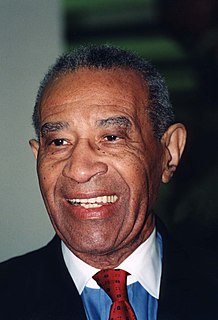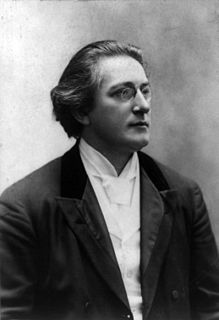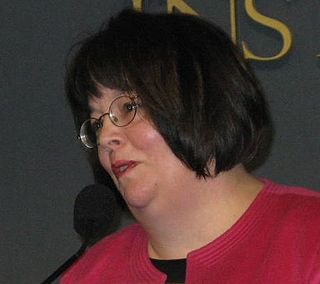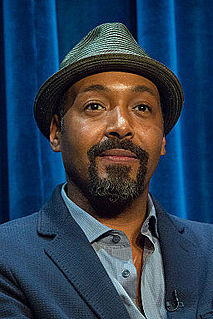A Quote by Margaret Whiting
So many schools have cut the music classes out of their curriculum. We're trying to fill that gap by teaching the teachers how to educate the kids about their musical heritage.
Related Quotes
I've noticed a fascinating phenomenon in my twenty-five years of teaching - that schools and schooling are increasingly irrelevant to the great enterprises of the planet. No one believes anymore that scientists are trained in science classes or politicians in civics classes or poets in English classes. The truth is that schools don't really teach anything except how to obey orders.
I used to take musical instruments home from elementary school. There were some music teachers there - we all learned instruments. A lot of us got started in public schools. Charlie Parker and Bud Powell, for example. But now there are no more music teachers in public elementary schools. It's like (Senator) Moynihan said, 'benign neglect.' Just let it rot and fester.
Music is important. It says things you heart can't say any other way, and in a language everyone speaks. Music crosses borders, turns smiles into frowns, and vice versa. These observations are shared with a hope: that, when schools cut back on music classes, they really think about what they're doing - and don't take music for granted.
Let's be clear about what Common Core is. It spells out what students should know at the end of each grade. The goal is to ensure that our students are sound in math and literacy and that our schools have some basic consistency nationwide. But the standards do not dictate a national curriculum, and teachers are not told how or what to teach.
I'd like to give every young teacher some good news. Teaching is a very easy job. Administrators will tell you what to do. You'll be given books and told chapters to assign the children. Veteran teachers will show you the correct way to fill out forms and have your classes line up.And here's some more good news. If you do all of these things badly, they let you keep doing it. You can go home at three o'clock every day. You get about three months off a year. Teaching is a great gig.However, if you care about what you're doing, it's one of the toughest jobs around.
There's a small movement of teacher-led schools across the country. These are schools that don't have a traditional principal, teachers come together and actually run the school themselves. That's kind of the most radical way, but I think something that's more doable across the board is just creating career ladders for teachers that allow certain teachers after a certain number of years to inhabit new roles. Roles mentoring their peers, helping train novice teachers to be better at their jobs, roles writing the curriculum, leading on lesson planning.
Half of all kids in public education are below the poverty line. Two-thirds of the achievement gap comes from factors outside of school. Teachers influence about seven to ten percent of what happens in kids' lives. When you think about those statistics, you have to think about how to re-envision education so it's holistic and so we share responsibility.
I have not seen that standardised tests make the profession less attractive, though some principals respond to them in a way that drives the best teachers out of their schools (by over-emphasising test prep in the school curriculum for example). On the other hand, great teachers want benchmarks to measure progress and tests can help with that.
There are a lot of polls that show that actually Americans have a pretty high opinion of teachers, that Americans think teachers are just about as prestigious as doctors. And yet there's this political conversation - this reform conversation - that paints a very negative picture of the effectiveness of the teaching population. So there's definitely a tension between the way teaching is talked about and understood at the political level and how everyday average Americans think about teachers.


































